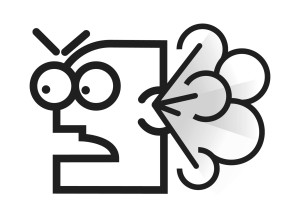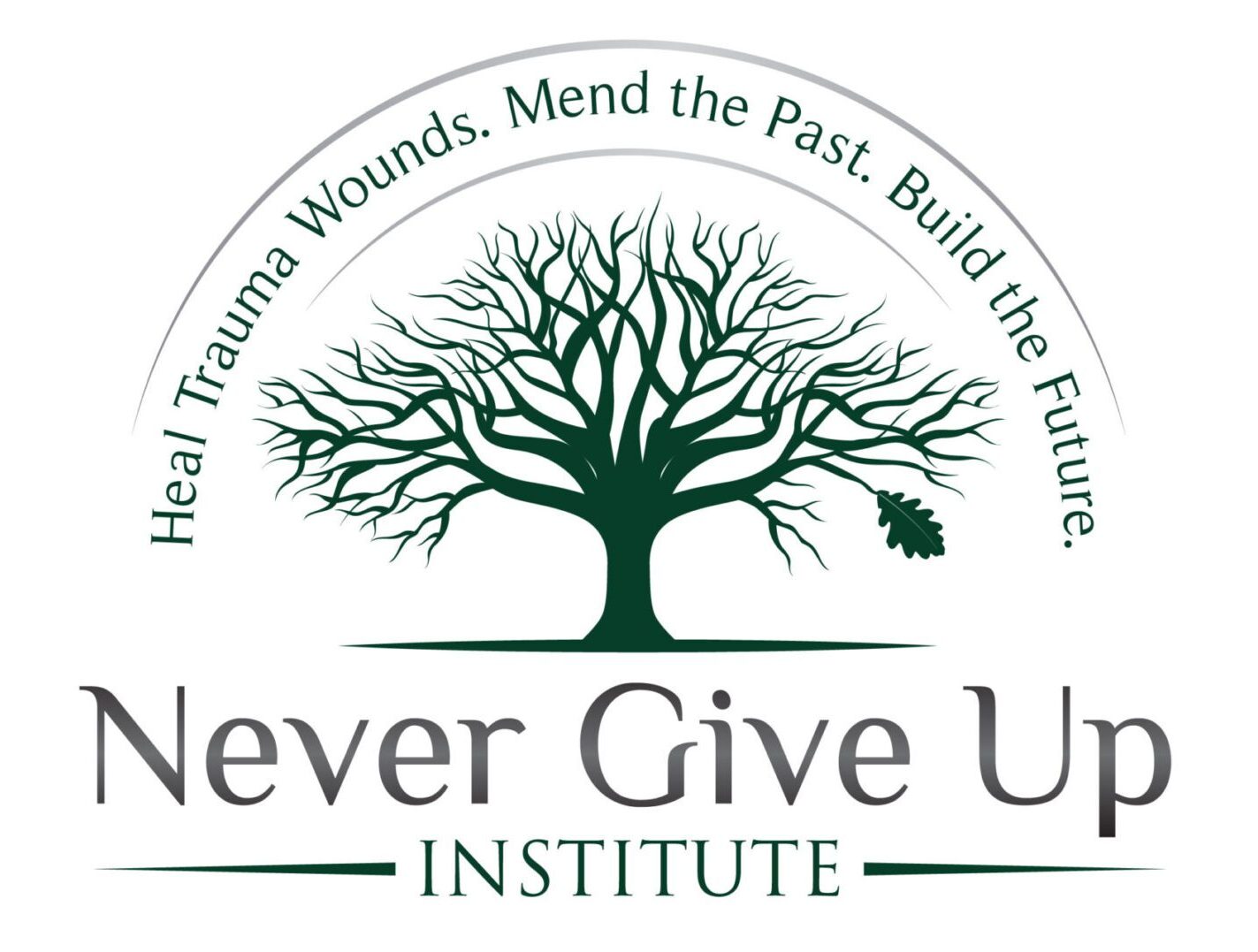
In my late 20s, I tried to read a Danielle Steele novel. After two chapters, I threw the novel against the wall thinking there’s no way one character could experience four major traumas in a two-year time span. I now know, whether in fact or fiction, life challenges have few warning signs and do, indeed, come in quick succession. My life is proof of how trauma, loss, and illness can accentuate the stress in our daily lives. The question is no longer “Can it happen?” instead, the question is “What can I do now that this has happened?”
I’ve asked so many “why” questions for so many years. The answers were few and many emotionally cold. Why did I get Type 1 diabetes? Why do I have high blood pressure? Why did my doctor say I had ‘Graves Disease’? Why was I twice diagnosed with stage 4 colon cancer? ARDS? Chronic depression? Science is about the only place where we can find answers to these types of questions. The human body is complex and its systems wildly diverse and molecularly interrelated. Hundreds of thousand of individuals spend their entire lives trying to answer health questions like these. Along the way, answers are found and, yes, even cures are discovered. Still, our health care costs are spiraling out-of-control throwing more and more of us into a state of bankruptcy. Why aren’t we getting healthier? What are we missing? What’s the link?
The Ugly Truth: The secret no one wants to hear!
The Adverse Childhood Experiences (ACE) Study is a collaboration between the Centers for Disease Control and Prevention (CDC) and Kaiser Permanente’s Health Appraisal Clinic in San Diego, CA. It’s the largest ongoing examination of the correlation between childhood maltreatment and adult health and well-being outcomes. Findings show that certain experiences are risk factors or causes for various illnesses and poor health.
As a child, adolescent, teen and young adult, I was repeatedly abused sexually, physically, psychologically and emotionally. I had a lot of behavioral problems but it was my health conditions that got all the attention. As I lay dying in a hospital room at the age of 50, I came to realize that my health conditions always followed abusive trauma. According to a study funded by the CDC, the lifetime cost of child maltreatment and related fatalities in 1 year total $124 billion. Due to the rising costs of health-care, human services, and educational systems, abuse and neglect impact not just the child and family, but society as a whole.
If you were abused as a child, do you have a tool to help you heal? What is it?

You must be logged in to post a comment.